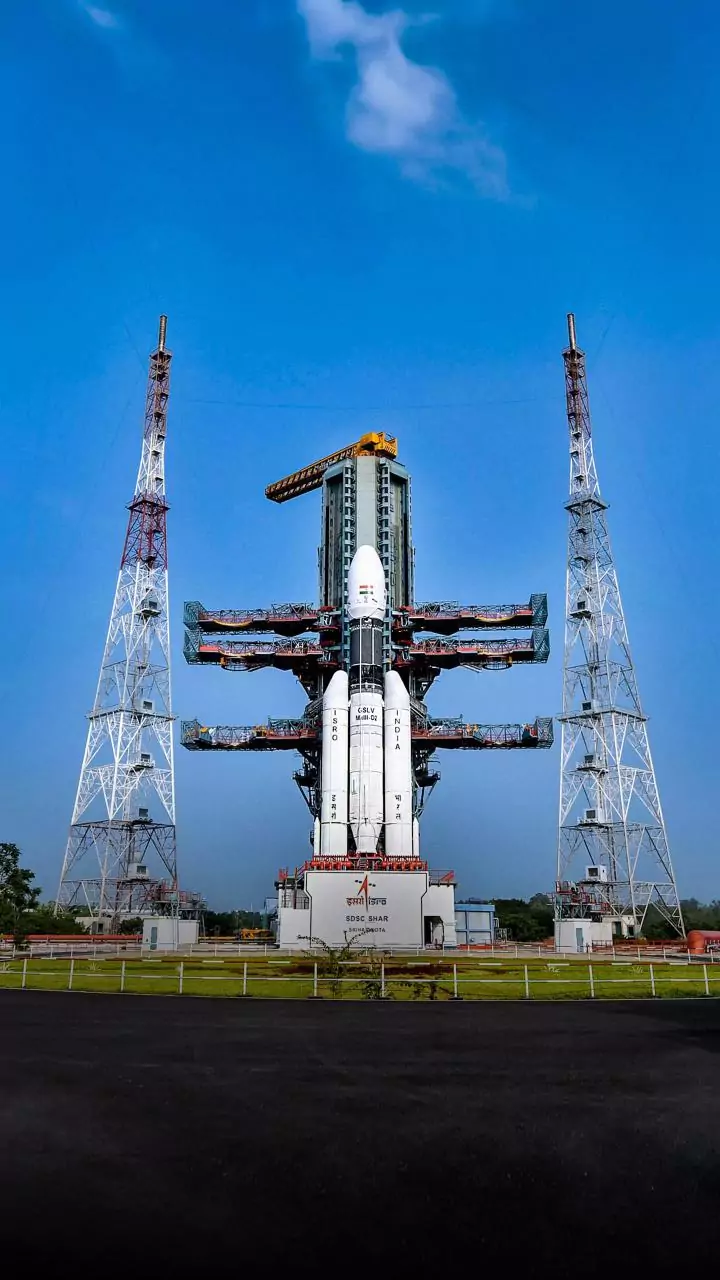Hiring Scientists Challenges
The process of hiring scientists in India poses a significant hurdle to fostering a dynamic research landscape. The current system often prioritizes factors
like the number of publications and accolades over the potential for genuine innovation and groundbreaking research. This emphasis leads to a focus on quantity over quality, where scientists may prioritize publishing papers to secure positions and promotions rather than pursuing high-risk, high-reward research. This approach inadvertently discourages the kind of bold experimentation and creativity that often leads to significant scientific breakthroughs, as scientists might hesitate to undertake projects that are not guaranteed to yield quick publications.
Focus on Publications
The pressure to publish frequently and accumulate awards also contributes to a culture that values conformity over originality. Scientists are often incentivized to work on projects that are likely to produce results quickly, even if those results are incremental rather than transformative. This environment may create a disincentive for undertaking ambitious, long-term research endeavors that have the potential to revolutionize scientific understanding. The overemphasis on readily publishable work can detract from the pursuit of fundamental discoveries and make it harder for Indian scientists to compete with their global counterparts in the race for prestigious awards like the Nobel Prize, which often recognizes the culmination of years of dedicated research.
Awards Over Breakthroughs
In the Indian scientific community, the pursuit of awards and recognition has, to some extent, superseded the core mission of driving scientific breakthroughs. The focus on external validation, such as publications in high-impact journals and the acquisition of awards, may distort the priorities of researchers. While recognition is important, an overreliance on these metrics can lead to a situation where the emphasis is on achieving external accolades rather than on the intrinsic value of pushing the boundaries of scientific knowledge. This emphasis may shift the focus away from the challenging process of original investigation and into a more competitive race for prestige, potentially affecting the type of research undertaken and its overall impact on the field. The desire for awards can divert attention away from the deeper exploration of significant scientific questions.





















